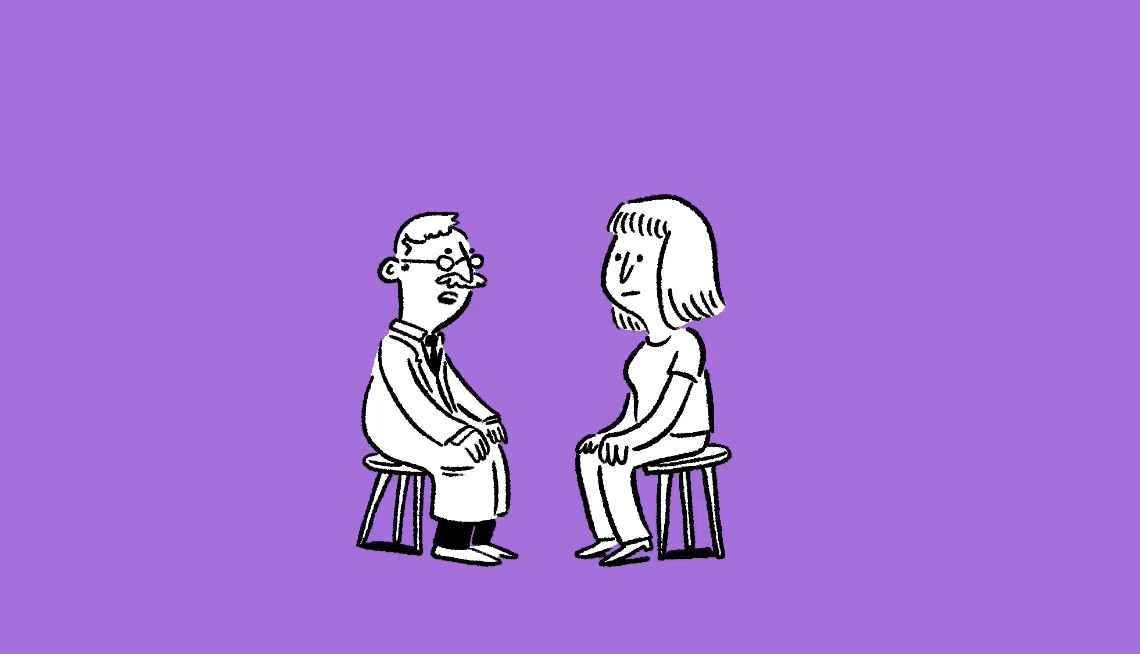AARP Hearing Center


Is late-life ADHD a real thing? I feel more distracted than ever.
Let me be direct. It’s very unlikely that someone will develop attention deficit hyperactivity disorder, or ADHD, for the first time in their 60s or 70s. But it is possible that you’ve had the condition your whole life and only now are discovering or rediscovering it.
New ADHD diagnoses are surging among older Americans. An analysis conducted by health care and data analytics company Truveta and reported in The New York Times found that between 2021 and 2024 the rate of first-time diagnoses rose about 64 percent among those ages 45 to 64. But that doesn’t mean those men and women developed ADHD as adults.
ADHD is a neurodevelopmental condition that starts in childhood. The symptoms revolve around inattention, impulsivity and sometimes hyperactivity. What changes as we age is how these symptoms appear. While hyperactivity tends to fade, distractibility, disorganization and forgetfulness often become more obvious, especially as normal age-related changes in brain function kick in.
One of my older patients described it this way: “Dr. Adam, I’ve been distractible my whole life, but now it feels unmanageable.” That makes sense. Life’s transitions, like retirement, reduced structure or hormonal changes, can bring your symptoms to the forefront. Coping strategies that worked when you were younger, like relying on tight schedules or career accountability, may not work as well once those external supports disappear.


Ask Dr. Adam
Adam B. Rosenbluth, M.D., is an internist and cardiologist in New York City. Each Monday, he’ll weigh in on your questions about how to make your body work better for you. His AARP book will be published in 2027. Join in on the conversation on social media @dradamrosenbluth to learn to move the needle on your personal health in an achievable way.
Being easily distracted is only one clue. ADHD in older adults often shows up in subtler ways. For instance, you may find yourself having trouble finishing projects or tasks on time, or experiencing difficulty keeping track of your belongings. Some people are even forgetful in ways that resemble early dementia, such as forgetting appointments or having a tough time following instructions. Rather than the classic physical hyperactivity symptoms, some experience restlessness or constant mental activity, or notice that they have to cope with emotional ups and downs like frustration or irritability.
I want to make one critical point here. Those symptoms overlap with many other conditions. I’ve had patients who were convinced they had ADHD when the real issue was depression, anxiety, a thyroid problem, a sleep disorder, cognitive effects of menopause, even side effects of a medication. It’s also true that sometimes early dementia is a concern. This is why I want to emphasize that if you suspect you’re dealing with ADHD, don’t self-diagnose.




































































You Might Also Like
How Tourette Syndrome Affects 5 Older Americans
Roughly half of Americans with the disorder go undiagnosed
AI Breakthrough Enhances Parkinson’s Treatment
New adaptive DBS technology improves patients’ lives
How Companion Robots Can Improve Health
AI-driven robots help with medications and other needs